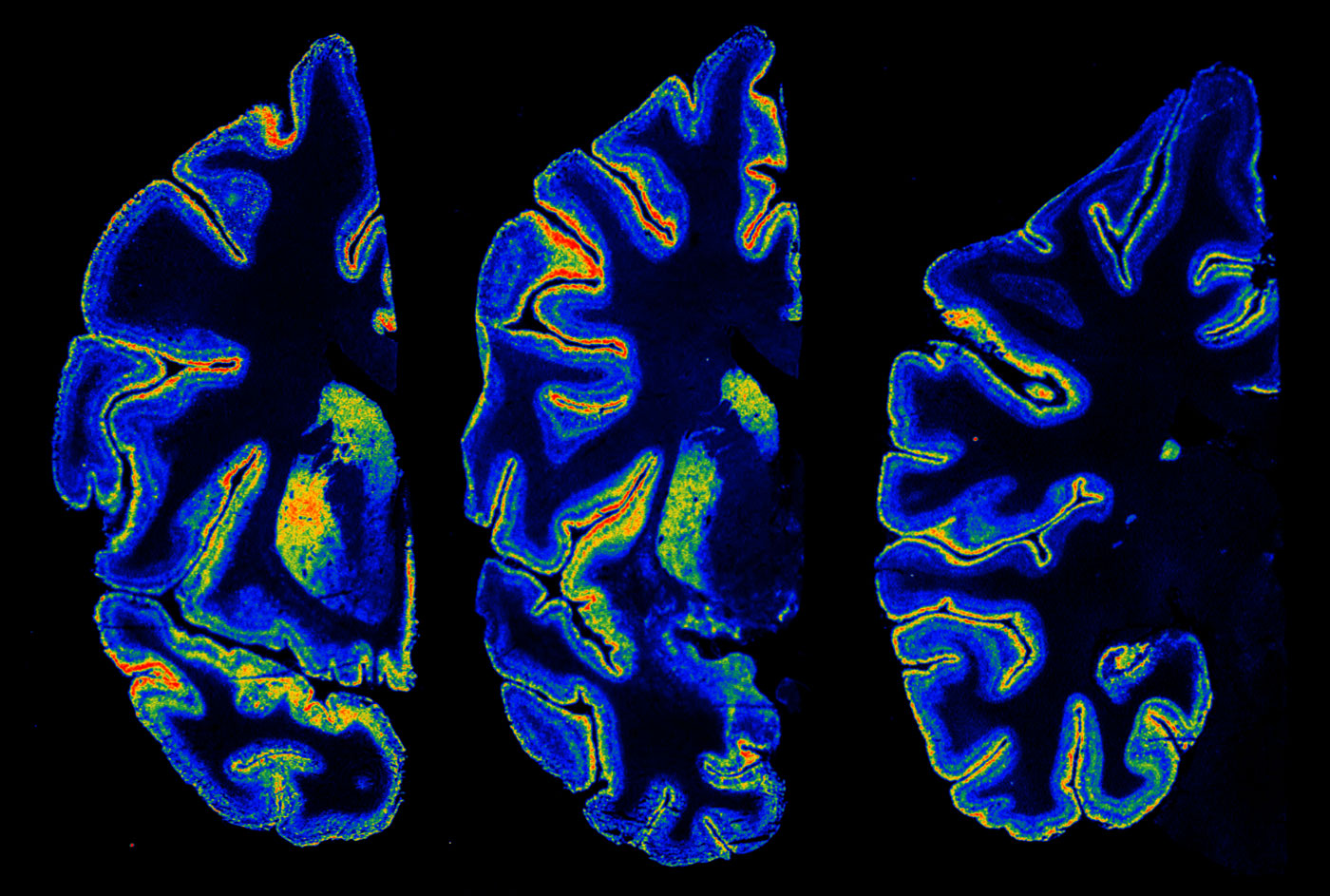A new study has raised fresh concerns about how marijuana use during adolescence may affect the developing brain. Scientists have been examining the connection between early cannabis exposure and long-term cognitive and emotional functioning, and their newest findings show that teenage years may be a particularly vulnerable period. The study highlights that the teen brain is still undergoing major changes, especially in areas responsible for memory, decision-making, and impulse control. Because of this, exposure to certain substances during these years may interfere with healthy development.
What the Study Examined
Researchers looked at young people who used cannabis regularly and compared their brain activity to teens who did not use it. Instead of relying only on self-reported information, they used brain imaging to examine how different regions responded during tasks involving learning, planning, and emotional regulation. The goal was not to stigmatize young people but to understand whether marijuana use during adolescence could shape cognitive functioning later on. The study included participants from different backgrounds and focused on patterns that appeared consistently among frequent users. Scientists found changes in brain connectivity, especially in areas involved in memory and problem-solving. These differences did not necessarily mean permanent damage, but they suggested that early exposure may alter the pace or direction of brain development.

Effects on Memory and Learning
One of the clearest findings involved the hippocampus, a region closely tied to memory formation. Teens who used cannabis regularly showed reduced activity when performing memory-based tasks. Researchers explained that this could affect how easily young people store and recall new information. In a school setting, this may mean that studying, focusing, and keeping track of assignments becomes more challenging. Another area affected was the prefrontal cortex, which helps with decision-making and controlling impulses. The research team noted that these changes do not make teens incapable of good judgment, but they may increase the difficulty of evaluating risks or resisting peer pressure.
Emotional and Social Impacts
Beyond memory and learning, the study also explored emotional well-being. Teens who used marijuana frequently showed higher levels of stress and mood fluctuations. While the study did not claim that cannabis directly causes these issues, it suggested that changes in brain activity could make emotional regulation more difficult. Researchers also emphasized the social side of the issue. Young people who begin using cannabis early may develop habits that are hard to break later. Some teens may turn to marijuana to cope with stress or difficult emotions, which can mask underlying issues instead of addressing them.

Why Teens May Be More Vulnerable
Experts believe that adolescence is a critical period because the brain is still wiring itself for adulthood. Neural pathways that influence attention, communication, and self-control are strengthened during these years. When substances interact with these pathways, they may shift how the brain adapts and learns. The study does not claim that every teen who uses marijuana will experience long-term effects. Instead, it stresses that the risks are greater for young people compared to adults, whose brains are fully developed. Even occasional use may influence brain patterns that shape decision-making and emotional stability.
What Researchers Recommend
The scientists behind the study hope their findings encourage more open conversations between teens, families, and educators. Their main recommendation is not punishment but awareness. They argue that young people deserve clear, factual information about how substances may affect their health. By understanding the risks, teens can make decisions that support their well-being and long-term goals.

















